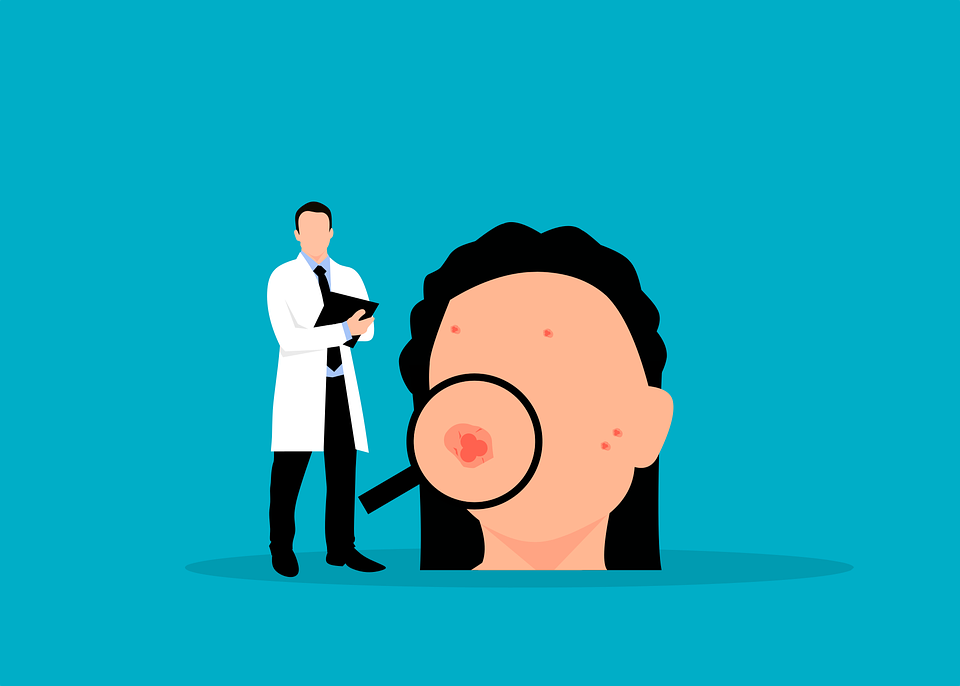Shot View
Pregnancy tests and ultrasound are the only ways to know if you are pregnant, but you should be aware of the other signs and symptoms of pregnancy. The first sign of pregnancy is more than just the absence of menstruation. This may include:
Nausea, vomiting, hypersensitivity to smell and fatigue.
When did the first symptoms appear?
It may sound strange, but the start of the first week of pregnancy is determined by the date of your last menstrual period. Your last period is considered the first week of pregnancy, even if you were not pregnant during your last period.
The first day of the last period is used to calculate the estimated delivery date. Therefore, the first few weeks of the 40th week of pregnancy may be asymptomatic.
Signs and symptoms of pregnancy include:
During pregnancy, the following symptoms may appear:
- Headaches and skin rashes are common. pain
- Urinate regularly
- Stomach ache
- Seasickness
- Thoughts change a lot.
- Temperature change
- High blood pressure (hypertension).
- Severe pain and heart attack.
- The pulse is faster.
- Acne
- There is a significant weight gain. pregnancy rays
- Cramps and rashes occur during the first 3 months of pregnancy.
During first 4 weeks, everything is still happening at the cellular level. A fertilized egg develops into a blastocyst, which is a group of fluid-filled cells. These cells become the organs and body of the embryo.
The blastocyst is implanted into the endometrium, the lining of the uterus, approximately 10–14 days (4 weeks) after fertilization. There is implantation bleeding, which is not noticeable to the patient in the short term. But that doesn’t happen to everyone. When that happens, you probably think your period is about to start.
Here are some of the symptoms of implantation bleeding: Implantation bleeding can be caused by:
Color.
The color of each section can be a different color, such as B. pink, red or brown.
Bleeding.
Implantation bleeding is usually less than normal. It is often described as minor bleeding that does not drain or requires a tampon.
Ache.
The disease is usually less serious than the common cold. Seizures may occur. There are several degrees of severity. In most cases, it doesn’t matter.
Part.
Implantation bleeding should continue within 3 days and does not require treatment. Sometimes it only lasts a few hours at a time.
Body temperature rises during the first three months of pregnancy.
Hyperthermia may indicate pregnancy. Also, if you exercise or live in a warm place, your body temperature will rise faster. During this time, drink plenty of water and work carefully.
Fatigue during pregnancy is common. You may feel tired sometimes during pregnancy. This is one of the early signs of pregnancy. As progesterone levels increase, you may feel sleepy.
In the first trimester of pregnancy, the heart rate increases.
Your heart beats faster and faster from week 8 to 10 of pregnancy. Palpitations and an irregular heartbeat are common during pregnancy. Hormones are primarily responsible for this.
According to a 2016 study, blood flow increases by 30-50% during pregnancy. This increases the effort your brain has to put in
You and your medical team may have discussed heart problems before you became pregnant. If so, now is the time to talk about any ailments or medications you may need.
Mood swings occur during the first 3 months of pregnancy.
During pregnancy, estrogen and progesterone levels are very high. These flare-ups can affect your mood, making you more emotional or reactive than usual. Mood swings occur during pregnancy and can cause the following feelings:
Depression, despair, anxiety and euphoria.
A feature of early pregnancy is frequent urination and incontinence.
During pregnancy, the body increases blood flow through the arteries and veins. This causes the kidneys to produce more water than normal, which means there is more water in the bladder than normal.
Hormones also play an important role in the bladder. During pregnancy, you may need to go to the bathroom or urinate more often.
Abdominal pain and constipation are common in the first trimester of pregnancy.
Abdominal pain, similar to pregnancy symptoms, occurs in the first trimester of pregnancy. This can be related to hormonal changes and also slow digestion. As a result, constipation and problems can arise. Constipation can also cause bloating.
Nausea and vomiting are common during the first trimester of pregnancy.
Nausea and morning sickness usually begin between 4 and 6 weeks and peak at 9 weeks.
This is called morning sickness, but it can occur at any time of the day or night. The cause of nausea and morning sickness is unclear, but hormones may play a role.
During the first trimester of pregnancy, many women experience mild to severe morning sickness, depending on individual circumstances. This may not happen until the first trimester, but usually it won’t be as bad as going into the second trimester.
Drink plenty of water to hydrate your body.
Call your doctor if you have trouble retaining fluids or eating.
High blood pressure and dizziness are common during the first trimester of pregnancy.
Most women with high blood pressure or normal blood pressure have low blood pressure during the first trimester of pregnancy. The blood vessels dilate and you may feel dizzy.
Diagnosis can be more difficult due to pregnancy-induced hypertension (also known as hypertension). During the first 20 weeks of treatment, the underlying problem recurred in almost all patients with high blood pressure. It can occur during the first 3 months of pregnancy, but it can also occur earlier.
At the first visit to the doctor, the doctor will measure your blood pressure to establish a baseline of what is considered high blood pressure. Early pregnancy is characterized by increased sensitivity to smells and aversion to food.
Early pregnancy symptoms reported by pregnant women often include increased sensitivity to smell.
There is little evidence that women’s sense of smell increases in the first trimester of pregnancy. However, it may be necessary for some people, as the smell can cause nausea and vomiting. It can also cause severe reactions to certain foods. Recent research suggests that your sense of smell may improve or decrease during pregnancy. It usually occurs during the first and third trimesters of pregnancy. The presence of the smell is greater than the presence of the smell. Something disgusting or smelly could be annoying or painful right now.
The good news is that your sense of smell returns to normal between 6 and 12 weeks after birth, depending on how you feel.
Weight gain in the first trimester of pregnancy.
In the first few months, you may see a weight gain of 1 to 4 pounds.
The number of calories you need in early pregnancy is the same as your usual caloric intake, but your caloric needs increase during pregnancy.
Heart disease in the first trimester of pregnancy.
Hormones can relax the valve that separates the stomach and esophagus. Stomach acid can leak and cause heartburn.
Early pregnancy is characterized by glowing skin and acne.
Some people even begin to think they have “pregnancy lights”. A combination of increased blood volume and increased hormone levels causes more blood to flow through the veins. Therefore, because of this, the glands of the body are forced to work overtime.
During pregnancy, the body’s sebaceous glands increase their activity and make the skin red and shiny. On the other hand, it can cause acne.
Conclusion
Back pain, headache, leg cramps or varicose veins, itching or tingling, constipation, hemorrhoids or diarrhea, mood swings or depression may be other symptoms of postpartum pain.




